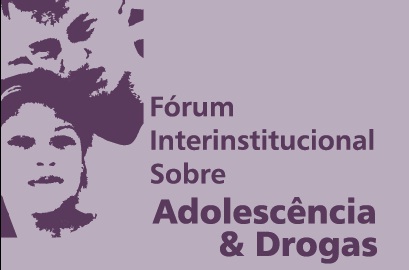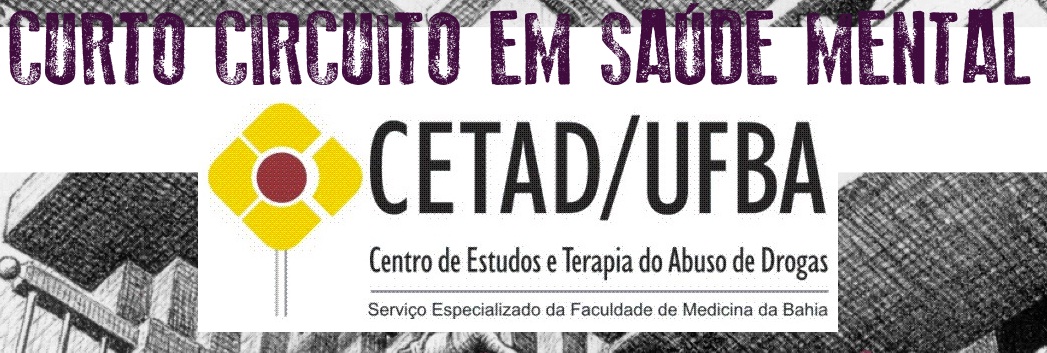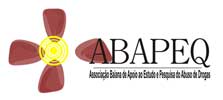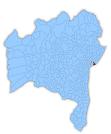Religion at the edge of ethnic identity
por MOTA, Clarice Novaes da em
« Voltar Imprimir
| Resumo |
| The Kariri-Shoko community is composed of descendants from indigenous tribes that inhabited the region of Northeast Brazil. It is located in the area by the town Colégio, in the state of Alagoas. After five centuries of a colonization process that scattered and annihilated the majority of tribal communities in the area, the Kariri-Shoko have managed to survive, through the changes imposed by European colonizers, conforming to the rural life style of the larger society. They are still identified as a tribal group that has kept part of its traditional system of beliefs and rituals. In this paper I argue - and support my argument with ethnographic data - that they have been keeping the faith in their ancestral deities as a means of empowerment against the outside pressures and claims over their territory. They have kept a part of the ancestral land as a ceremonial village, where the "tribal secret" - surrounding the intake of an entheogenic beverage known as Jurema - takes place. Only members of the indigenous community can participate in the religious ritual surrounded by secrecy. It is thus that they keep symbolic and real frontiers against non-tribal members, solidifying their traditions and their ethnic identity. |























